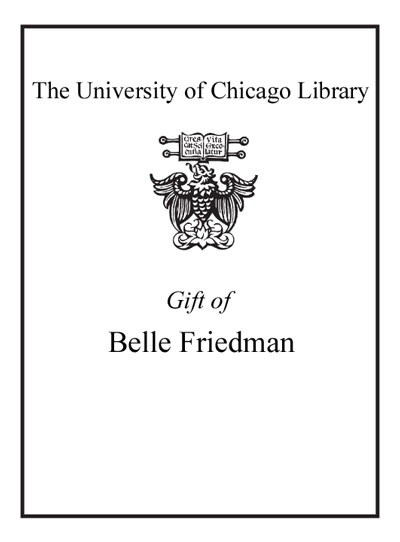Review by Booklist Review
International journalist Hatzfeld follows up Machete Season (2005), an account of the Hutu slaughter of Tutsi in Rwanda, with a report seven years later of the process of reconciliation between the two ethnic groups. Hatzfeld went back to interview those among the 40,000 killers who had been released by the government after serving time and those who were survivors of the attempted genocide. She spoke to former civil servants and farmers who succumbed to ethnic hatred and killed their neighbors. Former prisoners are forced to attend reeducation camps to prepare themselves to face neighbors who may still be angry, wives who have taken up with other men, farmland gone to waste. And among the Tutsi are those who celebrate the fact that they continue to even exist. Others are embittered by the release of prisoners who have grown fat while they have learned to rebuild their lives without families. Some survivors speak bitterly of the forgiveness plan and the harsh reality of learning to live with killers. An amazing look at the reconciliation of evil and forgiveness.--Bush, Vanessa Copyright 2009 Booklist
From Booklist, Copyright (c) American Library Association. Used with permission.
Review by Publisher's Weekly Review
The horrors of communal violence give way to quieter torments in this harrowing collection of oral histories. Hatzfeld revisits Tutsi survivors and confessed Hutu killers he interviewed in Life Laid Bare and Machete Season after the latter were unexpectedly released from prison and returned to their homes.. The official Rwandan policy of reconciliation holds: Hutu-Tutsi relations are civil, and one genocidaire even marries a Tutsi woman whose relatives were slaughtered. But to Hatzfeld, the survivors reveal inner scars-their unappeasable sense of grief, dispossession and mistrust of their neighbors, the fillip of fear whenever they encounter Hutu farmers carrying their machetes, the bitterness that justice has been sacrificed for national recovery. (Less anguished, the pardoned Hutu perpetrators express a diplomatic repentance and relief at having escaped retribution.) Hatzfeld includes nightmarish scenes from the genocide; survivors recall running for their lives for weeks on end, regressing to the status of game animals as Hutu hunting bands cut down their families and friends. Just as haunting is the spiritual aftermath: " 'I believed in honorable effort, decent behavior, the straight and narrow path,' " one Tutsi woman recalls, " '[but] from now on, I'm suspicious of moral maxims.' " (Mar.) (c) Copyright PWxyz, LLC. All rights reserved
(c) Copyright PWxyz, LLC. All rights reserved
Review by Kirkus Book Review
A searching companion to Libration correspondent Hatzfeld's Machete Season: The Killers in Rwanda Speak (2005), recounting events in Rwanda 15 years after the spasm of ethnic violence that left untold dead in its wake. Scarcely anyone in Rwanda, Hutu or Tutsi, was not touched by the savagery that broke out when, in April 1994, Hutu militias began to slaughter Tutsis and moderate Hutus. Overwhelmingly, Hatzfeld finds the survivors psychologically broken and hollow, feeling as if they had been "betrayed by life[and] who can bear that?" His account opens in 2003, with the specter of a thin, dusty, endless column of 40,000 men, freed from camps and penitentiaries after having served time for their role in the genocide. Some of the interned, one of their number reflects, were jubilant; others, denying any wrongdoing, were furious at having been imprisoned in the first place. All were faced with the problem of making new lives in public, among the relatives and families of those whom they had killed. Some respond with drink, some with silence, some with isolation and some with anger. Lest there be an explosion of wife-beating and violence after the amnesty, government workers counseled, "Remain calm with your guilty spouse, be peaceable with your neighbor, patient with those who are traumatized, obedient with the authorities. And don't delay in getting to work on clearing your overgrown fields." The advice, it seems, mainly took, and if few Rwandans seem happy and suspicions endure, most people seem to be slowly getting back to life as usual, even if, as one man tells Hatzfeld, "I'm afraid of dreams." Thanks to the work of Rwandans who insist on attaining justicean arduous project, given the absence of a fully functioning judiciary and the difficulty of finding "simple fairness" in the back-and-forth of accusation and defensesome measure of normality is at last attainable in that unfortunate country. A telling report and a substantive addition to the literature of humanitarian aid and ethnic violence. Copyright Kirkus Reviews, used with permission.
Copyright (c) Kirkus Reviews, used with permission.
Review by Booklist Review
Review by Publisher's Weekly Review
Review by Kirkus Book Review

